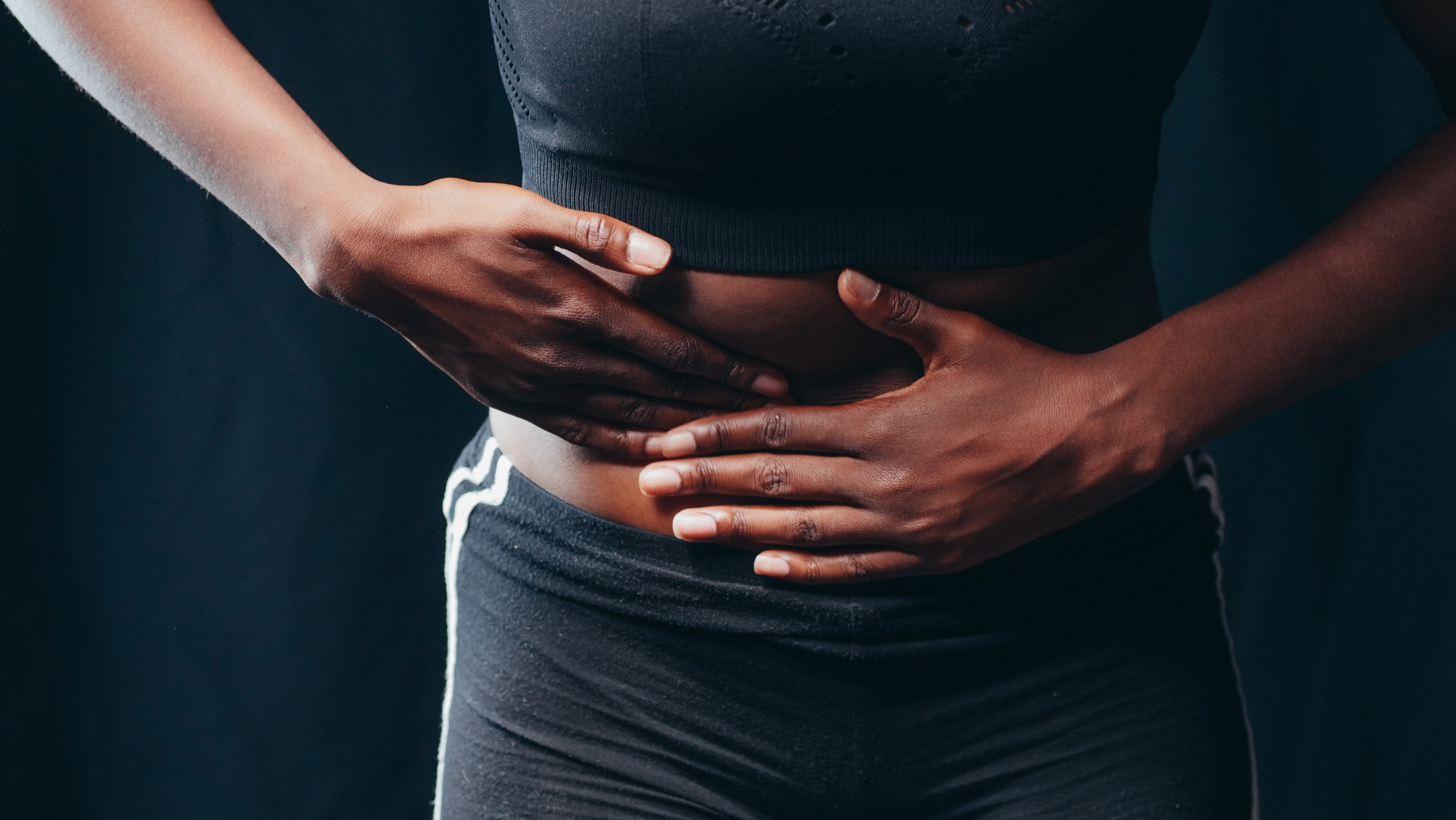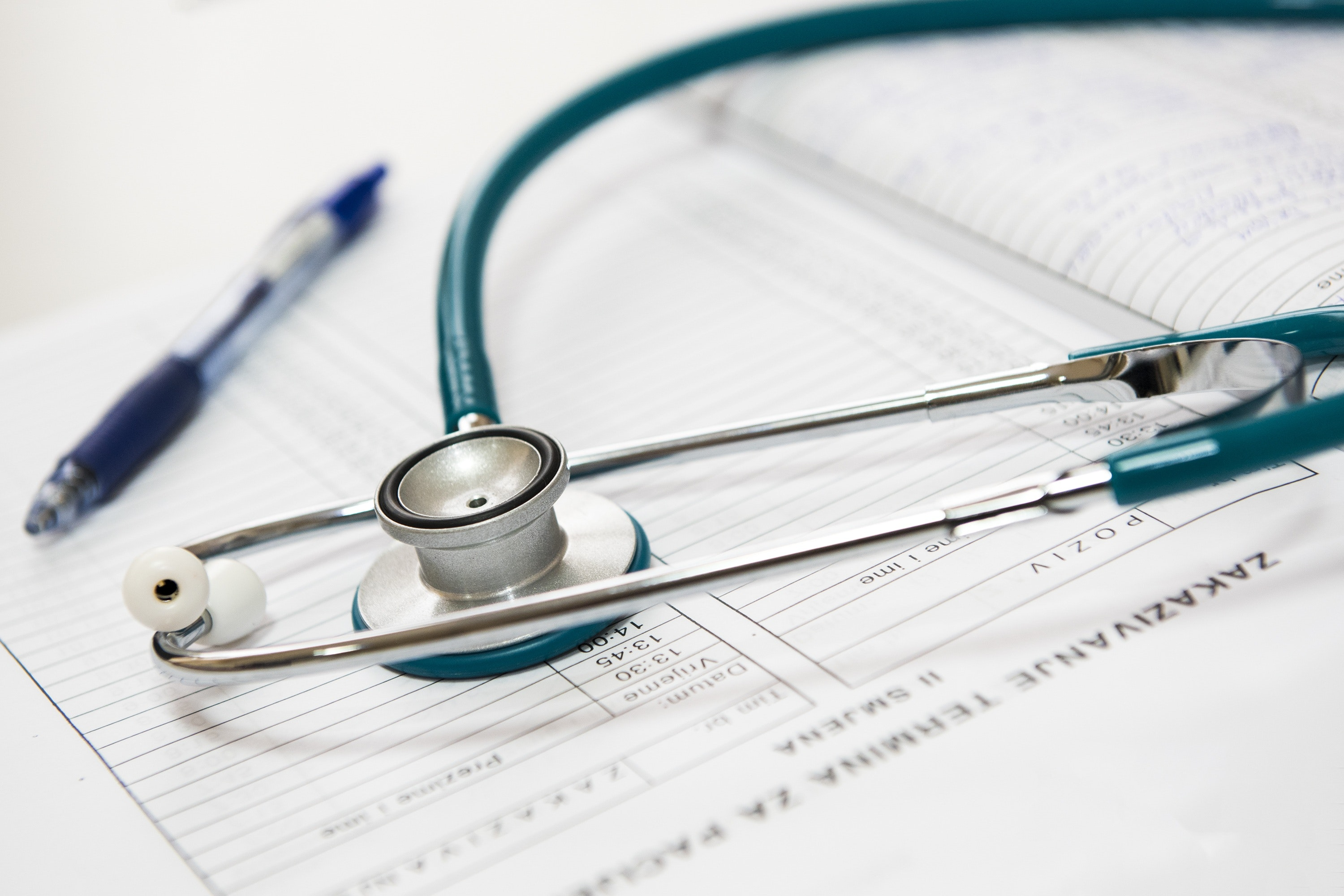There are a lot of pros when it comes to shifting to a high-protein diet, but nobody warns you of the gastrointestinal distress that comes with chugging protein shakes every day.
That being said, if you're feeling constipated or uncomfortable after protein powder use, or just after eating protein on the regular, you're not alone, and there's a definite answer for that.
As it turns out, the answer is painfully simple, and it's that high-protein diets can often lead to constipation. This can be especially frustrating for people who want to build muscle and are on a high-protein diet.
While this isn't always the case, it's important to understand how this happens and why you should look for ways to reduce your risk of developing constipation from eating too much protein.
Keep reading till the end, and find out how and why you might be getting constipated because of a high-protein diet, and how you can keep yourself feeling healthy!
Table of Contents
The Link Between Protein Consumption and Constipation
Protein is an essential macronutrient for the body, but ironically, it plays a vital role in getting you constipated. This is because dietary protein can slow digestion, and makes those stools harder to pass, as it increases overall stool weight.

Eating a protein-rich diet also requires more fluid intake to digest all that protein, but oftentimes, people don't complement their protein supplement, like protein powder, with enough fluids
When you don’t take in enough fluids, excess protein can dry out stools, which makes them even harder to pass.
Choosing high-protein sources like tofu, beans, and lentils can help prevent constipation because they are accompanied by adequate amounts of fluids and dietary fiber.
Though, a balanced diet accompanied by adequate amounts of water is a good start to prevent getting constipated because of a high protein diet. Make sure you know the various side effects of being on a protein-filled diet beforehand, and we've discussed that further in the article.
Can Eat Too Much Protein Cause Constipation?
High-protein diets are becoming increasingly popular, but, as we mentioned above, they can also contribute to constipation.

Among the many nutrients that we've been blessed with, protein, specifically eating animal proteins, is hard and time-consuming in the digestion phase, and the more protein you eat, the longer it takes the body to break it down properly.
So yes, protein can cause constipation for most people. Though it's not the protein itself that can cause digestion, the lack of fiber in high protein diets that can create this annoying problem
When protein is broken down too slowly in the gut, it binds with water and creates a firmer stool – and if there is not enough water consumed and soluble fiber with this, this could potentially cause constipation. So if you’re on a high protein diet – especially one with animal protein – make sure to increase your water intake, and couple it with dietary fiber.
Some Side Effects Of High Protein Diets
Constipation isn't the only side effect of having a diet filled with protein powder and those muscle-building protein shakes, and we're here to let you know about it.

While there is still an ongoing debate on this topic, studies have shown that these diets can come along with some surprising side effects, which can range from bad breath and fatigue to kidney stones and more, with a lot more being researched as this particular lifestyle is studied.
Keep on reading, and get an idea of what to expect, and whether or not you’re equipped for that kind of a lifestyle.
Fatigue
Many individuals looking to lose weight or build muscle may opt for high protein consumption, which mainly includes inhaling whey protein. However, this type of diet is researched to have negative side effects such as constipation, bloating, and fatigue. Too much protein puts extra strain on the digestive system, as it gets forced into a place where it has to do twice the work to digest these animal proteins.
Fatigue can also result when too much protein is ingested because in that case, the body has to create extra amounts of nitrogen through protein metabolism which taxes the body's energy reserve.
Additionally, since whey proteins are composed of vegetable or animal sources that can be difficult for our bodies to digest, benefits from these have to be reaped by working twice as much, which can go on to cause fatigue in the long run.
Excessive Weight Gain
Going on a high-protein diet can certainly offer some substantial health benefits, but for some, weight gain instead of weight loss might be an unexpected side effect. Though a high protein diet is largely responsible for helping individuals who want to build muscle, most people tend to take more than their body weight can complement, and end up gaining excessive weight.
This excess intake can also lead to constipation and slow metabolism which further aids in causing the body to retain more water, resulting in body weight increases.
To keep this from happening, it's important to make sure that you're consuming protein within recommended limits and regularly engaging in exercise or any other physical activity.
Digestive And Kidney Diseases
Though it's not a well-researched topic in the medical industry, there's a lot of speculation as to how protein diets, especially the ones with raw protein powder, can lead to the formation of kidney stones. This is because too much protein in the diet causes more calcium to enter the kidneys from the bloodstream, which increases the chances of stones forming.
If you’re curious, you can read more about this in-depth ISNR study that connects the dots between kidney stones and too much protein.
If you're thinking of getting on an increased protein intake to build muscle mass or any other reason for that matter, you must do the same with your water intake and prevent problems like this from happening that can impede your health progress. Though, we'd recommend taking a reasonable amount of protein in your diet, to begin with.
Increased Cancer Risk
Eating more red meat has been largely connected with an increased risk of cancer, which ranges in different types of cancer that includes prostate cancer, and more, as this study by MS Farvid explains.
Though it’s a critical micronutrient, animal proteins, or any protein supplement for that matter, can release hormones that can damage DNA within cells, leading to uncontrolled cell growth, and cancer in the long run.
Make sure you're monitoring your protein intake as part of living a healthy lifestyle and checking for any symptoms of uncontrolled cell growth/cancer now and then.
Digestive Issues
Eating protein in massive amounts can lead to digestive issues like bloating and diarrhea as the body works hard to process it. People with pre-existing digestive disorders may even experience more intense symptoms if they overindulge in protein-heavy foods, and the same goes for people with food sensitivities.
A good practice is to keep track of protein intake and limit the high protein diet to what is recommended per day, as proteins take longer to digest than carbs and fats, resulting in these uncomfortable yet temporally side effects.
How to Prevent Constipation By Protein

Constipation due to a protein-based diet might seem like an inevitable problem that you might have to face, but in truth, there are a lot of different things that you can do to cater to this problem, or at least tone it down so it doesn't cause havoc in your everyday life.
Following are some of the most common ways to prevent protein-induced constipation, with in-depth detail on how to achieve and introduce them in your everyday life without having to change too many aspects of your lifestyle. So take a step back, evaluate your health condition, and follow the guide below to make your protein diet bearable.
Opt For A Keto Diet
Though keto diets are generally considered great for losing body weight, it certainly doesn't just end there. A keto diet greatly reduces the number of carbohydrates you consume, instead focusing on high fat and protein intake.
Its ability to prevent constipation begins with how it affects our digestive system; keto's lower carbohydrate content means fewer waste products for our intestines to process, leaving less strain on the bowel muscles, which in turn leads to healthier and easier bowel movements.
Along with that comes a decrease in fluid retention, as keto is known for keeping us hydrated—which is key to easing up digestion. Additionally, the keto diet typically contains more fiber than a standard American diet; fiber helps move bulk through our digestive systems and keeps stool soft.
Skip The Animal Proteins
Using a plant-based protein is a great way to maintain healthy digestion and reduce the risk of constipation, and they're getting a lot more traction because of their reduced risks, as compared to animal-based proteins. In fact, vegan protein powders are becoming a norm in the market.
Unlike animal protein, which can be harder on the digestive system due to the animal fat that is included, plant-based proteins come from sources such as legumes and nuts, which aid in digestion and promote healthy bowel movements.
Research has shown consuming foods with higher levels of plant-based proteins can help keep your bowels regulated by softening stool naturally without taking laxatives or other medications.
Though consuming moderate amounts of proteins, whether animal or plant-based proteins, is important for overall health and wellness, since plant-based proteins are incomplete proteins and don't slow down our, they can fix your constipation problem almost instantly.
Use Probiotic Foods / Supplements
We've mentioned that when it comes to a high-protein diet, constipation is just one of the by-products that you'll have to deal with. If you want to keep up with your protein-inclusive diet, probiotic foods, and supplements can help in this regard, and that industry, safe to say, is currently blooming.
Probiotic foods, such as yogurt and fermented vegetables, provide beneficial bacteria to your intestinal tract that aid in digestion and produce important nutrients like vitamins B2, B12, and K2, which aid in regulating your bowel movement and preventing diseases like Irritable Bowel Syndrome(IBS).
Though, if you don't want natural probiotic foods, you can use medical supplements, such as ours, to get the same or even better results. Probiotic supplements contain helpful microbes that help keep your bowels regular.
When taken, they enrich the gut microbiome, improve bowel movement, strengthen the gut and immune system, and perform a lot of other missions that lead to better stool consistency and fewer episodes of constipation.
Us Fiber Rich Foods
The key to having a healthy diet isn't to rid it with protein shakes or whey protein, but to include a lot of fiber-rich foods to make soluble fiber mixes that are easy on the digestive system.
If you're consuming a lot of insoluble fiber and protein foods in the same diet, your digestive system is bound to come to a halt, and it's up to you to take care of your gut and give it the environment it needs.
High-fiber diets work both ways, whether you want to lose weight or if you're prepping for gaining weight. We recommend taking high-carb foods like chia seeds, flax seeds, and walnuts, and including them in your daily regimen to get the most out of their health benefits.
Bottom Line
All in all, protein can contribute to constipation if you're consuming more than the recommended daily intake for your age and body type. However, there are certainly ways to reduce the chances of developing constipation from a high-protein diet.
It is important to monitor your nutrient levels and supplement with fiber-rich foods as well as plenty of water to counteract any dehydration caused by eating too much protein. You should also periodically reassess your diet to make sure it aligns with your goals and factor in other resources such as probiotics which help optimize the way we digest food.
Ultimately, if you are still having trouble even after reassessing, resorting to supplements is the way to go, especially if you want to battle constipation and other digestive disorders, so take a look at our stock, and see what works best for you!

![Can Too Much Protein Cause Constipation? [Bulk Up or Clog Up]](http://gistive.com/cdn/shop/articles/resizer.jpg?v=1678282741&width=1100)